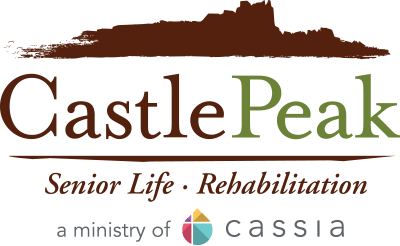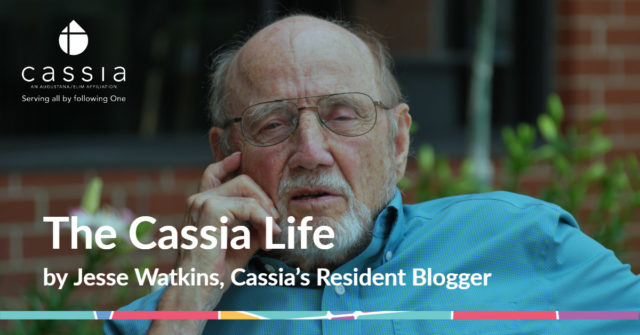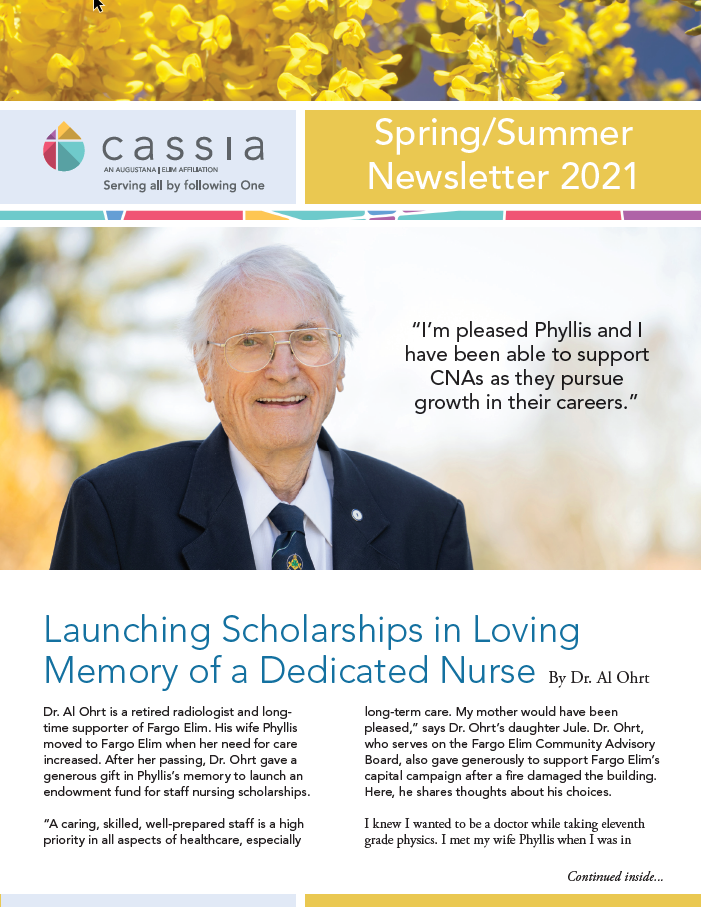Seniors appear to be a favorite telephone target of scammers out to make a quick buck. They too have a bottom line, call it profit. Remarked one senior who gets lots of scam calls, “They keep calling don’t they? That means they’re making a profit.”
Maybe the telephone company could charge scammers and sellers of questionable goods and services and quit charging us, the general public.
Easily half my calls are scam calls and/or unwanted sales pitches, so cut my phone bill in half and add the same amount to the bills of scam callers, robo callers and others of questionable calling policies. Seems to me that’s where the charges should be.
Related to scams, fraud calls can be financially disastrous. One evening recently my telephone rang and a voice claimed to be with Amazon. The person said the company wanted to deposit $700 to my bank checking account that it owed me, so what bank do I use, what is the bank’s routing number, and what is my checking account number. As I began to question the validity of these questions, a good friend visiting me at the time began to protest excitedly, saying I’d gone way too far–had given up too much information. He’d bet it was a fraud attempt.
The next day on the telephone with a personal banker, I became convinced that I had disclosed information I should not have, considering the safety of my financial condition. The banker suggested strongly that we close and re-open all accounts, including savings accounts, resulting in different identifying numbers in each account. We shifted automatic payouts and notified direct depositors that a change of account numbers was necessary. It was certainly a hassle, but it gave me peace of mind.
Commented the banker, “After that first evening you probably didn’t give the matter much thought, but had you disclosed a little additional information, such as passwords, you could have discovered the next morning that all your accounts were totally cleaned out.”
Excuse me, but my telephone just rang, interrupting work. It was Marriott Hotels calling to say I’d just won a discounted stay. I am encouraged, however, by the call’s final option: “Press 5 if you want to be placed on a “Do Not Call” list. I pressed 5.
Obviously it’s not always the mentally handicapped who are scam challenged. A retired public school superintendent acquaintance of mine fell victim to a scam while his wife was having morning coffee elsewhere with friends. She got home in time to prevent the disaster.
Very recently I received an email, supposedly from my pastor, asking me to purchase $300 in Amazon gift cards on her behalf and to send their code numbers to her for use by a cancer victim she was ministering to. She, the pastor would reimburse me later. I tend to trust pastors, so proceeded to a Walgreen store to make the purchases. The store manager strongly suggested that I check out the request that it sounded to him like a scam. I listened but proceeded.
Back home, with the cards in hand, I called my son, John Watkins, who does financial work, and asked his opinion. He strongly urged me to check with the pastor by telephone, to clarify that she sent me the original email. I did so and learned she had not, that her email address was altered slightly, and that several others also has received the request.
Anyone interested in buying some Amazon gift cards that are perfectly valid?
Responding to my request of scams that succeeded for the scammer, a friend said he had a cousin who got fleeced out of $2,000. But the more my friend explained the more it sounded like the scam was on him. The money was gone.
At roughly 700 words it’s past time this blog began gliding toward a close, a close that sums up the issue at hand, provides a profound answer to its most perplexing question, or details a complete how to, in this case how to avoid being scammed.
I’d choose the latter. On the other hand the internet is full of key words obviously, scam, fraud, senior scams, covid-19 scams, scammers will keep you gainfully busy reading for an afternoon or evening.
This site contains information and content supplied by third parties. Information contained here involving any specific person, commercial product process, or service by trade name, trademark, manufacturer, individual proprietor or otherwise, does not constitute or imply Cassia’s endorsement, recommendation, or favoring by Cassia and/or its directors or employees.









